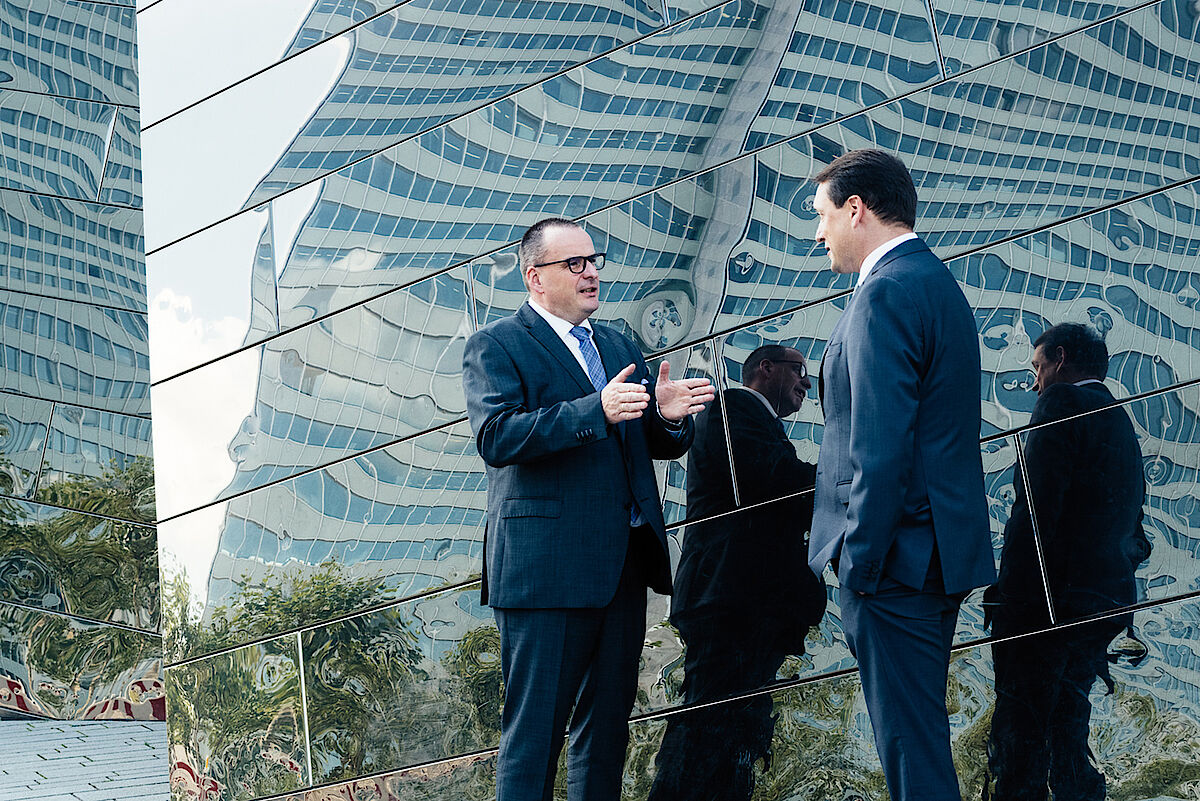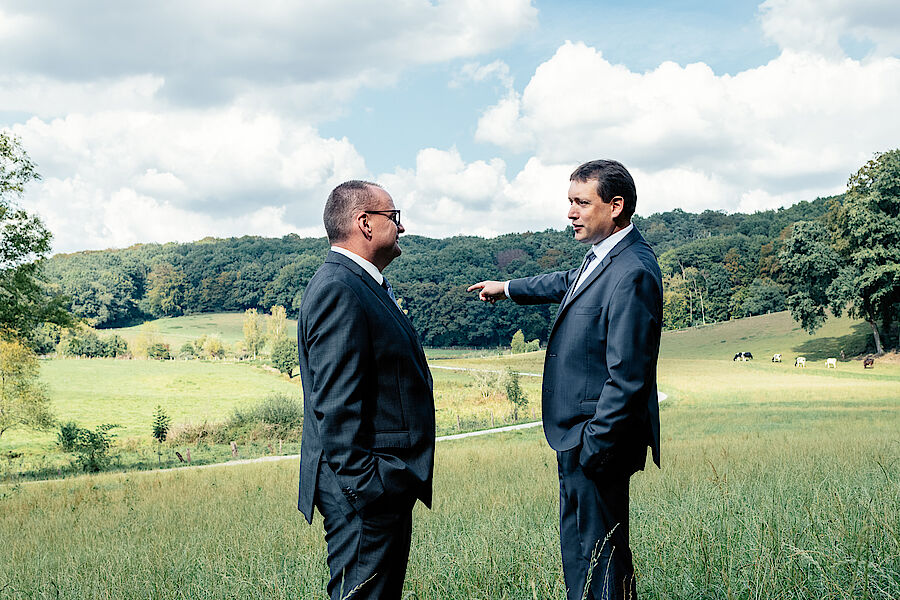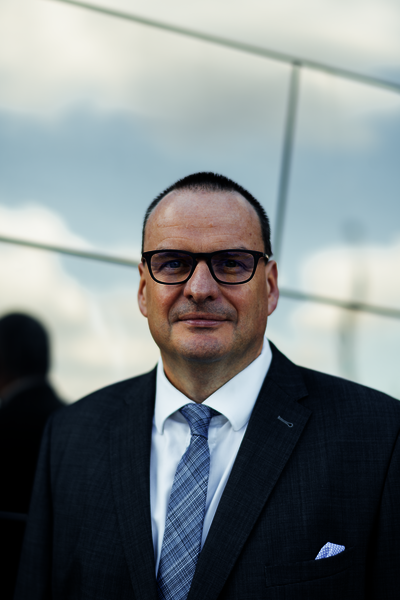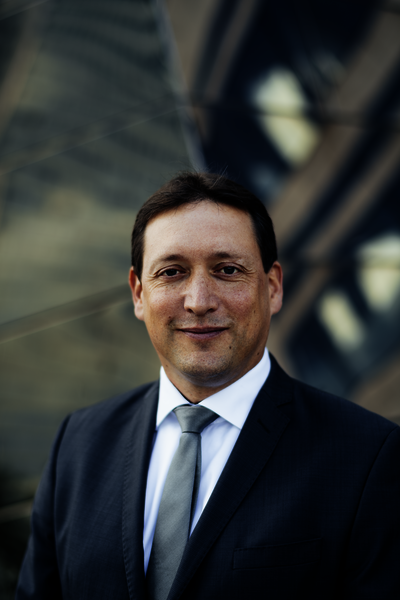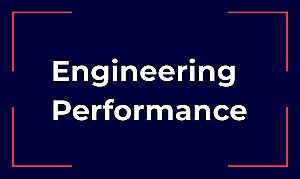In times of crisis, the media and the general public focus on the most trivial of things because action is usually being taken in the background to ensure that the things which really matter continue to work as ever. Were this not the case, the pressing questions the length and breadth of the country would be why electricity and gas were no longer flowing, whether the water quality was sufficient, when which production lines might come to a standstill and which tunnels were still open. It is the underlying infrastructures for all of these that the population and the key industries, and ultimately also the world of finance, have to be able to unconditionally rely on. These critical infrastructures are currently experiencing stress tests the likes of which have never been seen before – a global stress test which is showing the authorities and businesses what has proved its worth and where there are still real weaknesses which need to be eliminated.
Highly efficient engineering service providers such as DMT assist the operators of critical infrastructures with planning, construction and operations. And there also has to be reliable expertise and performance in the case of regional, national or even global crisis scenarios such as industrial accidents, threats to the power supply or COVID-19. It goes without saying that such service providers have to have the appropriate more in-depth experience and must meet demanding minimum requirements. The benchmark is set high for engineering service providers in the area of critical infrastructures in order that resilience be comprehensively guaranteed. Planning, safeguarding and further developing such infrastructures have been DMT’s bread-and-butter business ever since the company was founded.
Critical infrastructures call for special performance criteria
As well as purely technical expertise, many other requirements are made of us in order to guarantee maximum reliability of the lifelines of society and of sensitive business areas. The portfolio of services has to be broad enough for a service provider to be in a position to handle the key and crisis tasks at all times.
This makes expert and equipment redundancy an additional criterion. After all, extreme cases tend to arise out of the blue and do not take their cue from the availability of individual engineers or specialist equipment. Our portfolio as a group is so extensive that we are able to provide the necessary services in any situation without having to draw on the services of third parties.
The greater a service provider’s capital base or the larger their employee headcount and the greater flexibility they have in terms of equipment availability, the more predictable the reliability and resilience of the critical infrastructures. As this has to be ensured globally and simultaneously in many areas these days, everything hinges on a service provider being within easy reach. This does not, however, necessarily have to mean physical proximity. On the contrary – in some cases, such as with the COVID-19 protective measures, it’s a question of being able to be there remotely and help remotely. So that’s the safeguarding of systems and operations in times of crisis covered.
Due to system complexity, functioning infrastructures additionally call for a long-term view and long-term business relations. Forward-looking planning based on as much experience as possible is what’s needed. At the same time, however, there needs to be a willingness among the industry players to change in order for everyone to benefit from innovations. Here, the greatest potential currently lies in the engineering service providers’ digitalisation expertise. After all, it is the quality and degree of digitalisation that determine which options can be exploited and where communication can be further optimised.
Ultimately, these criteria result not only in reliably functioning infrastructures, efficient crisis prevention and crisis intervention. In addition, this leads to the performance edge that companies seek and which society is striving for with regard to the efficient use of energy. And the driving force here is Engineering Performance.

